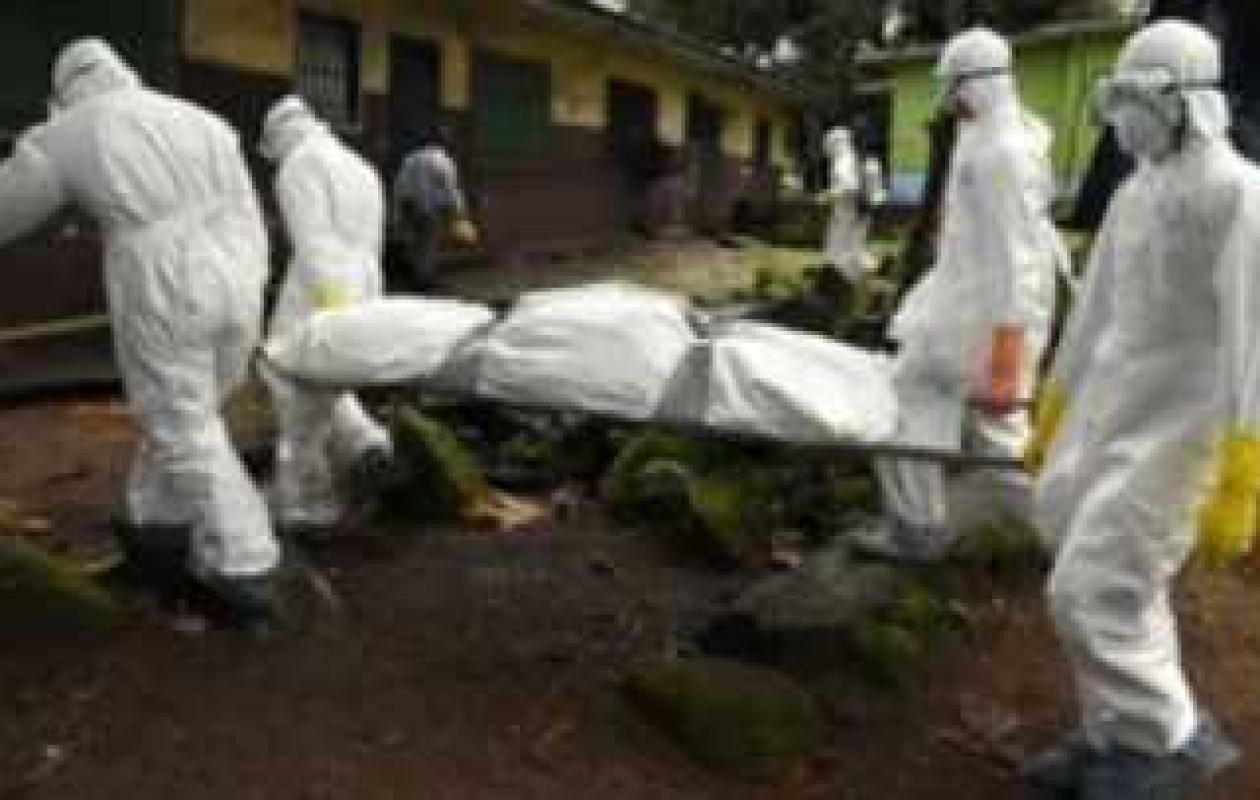
Éthiopie : une mystérieuse fièvre hémorragique fait six morts à Jinka
An as-yet-unidentified hemorrhagic fever has emerged in Jinka, Ethiopia. Six people have already died from the disease, prompting a strong response from the country's health authorities.
In southern Ethiopia, the deaths of six people, including two healthcare workers, from an as-yet-unidentified hemorrhagic fever have prompted health authorities to implement a series of emergency measures. The WHO and Africa CDC have deployed teams of experts to investigate the origin of the virus and contain its spread.
A deadly outbreak in southern Omo
At least six people have died in recent days in the city of Jinka, in the South Omo region, which has been struck by an outbreak of viral hemorrhagic fever that has yet to be confirmed. Among the victims are a doctor and a nurse, highlighting the vulnerability of healthcare workers to this highly contagious disease. "Both healthcare workers had treated patients with the same symptoms," explained Selamu Tadesse, medical director of Jinka General Hospital, emphasizing the high risk of transmission through direct contact with the sick.
The initial symptoms described – high fever, headache, abdominal pain, vomiting, and diarrhea – indicate a severe and rapidly progressing infection. Eight suspected cases have been identified to date, according to the Ministry of Health and the Ethiopian Institute of Public Health.
An etiology that is still unknown
Ethiopian authorities do not yet know which virus it is. Samples have been sent to the National Reference Laboratory to confirm or rule out diseases such as Ebola, Marburg, Lassa fever, or Crimean-Congo hemorrhagic fever, all of which are endemic.
in certain regions of Africa.
Several patients reportedly arrived at the hospital in critical condition, some dying shortly after admission. In response to this situation, a community investigation is underway in Jinka and surrounding villages to identify any further cases.
Immediate international mobilization
The World Health Organization (WHO) has deployed a team of 11 experts to strengthen surveillance, testing, clinical management, and infection control. It is also providing protective equipment, an isolation tent, and increased technical support. The WHO has also mobilized $300,000 from its Emergency Fund to support the Ethiopian response.
Africa CDC, through its Director General, Dr. Jean Kaseya, welcomed the "early detection" of the outbreak and assured Addis Ababa of the continental organization's continued support. At a press briefing on November 13, Dr. Kaseya presented the initial data collected and preparedness measures to member states.
In Jinka, the priority is now to quickly contain the outbreak and prevent its spread in a rural area where access to healthcare remains limited. Ethiopian authorities have promised to release further information as soon as laboratory tests identify the pathogen responsible.
Commentaires (1)
Je suspecte fortement que la "fièvre de la vallée du rift" en est une et qu'on verra bientôt l'OMS débarquer, en cheval de Troie, pour déstabiliser le Sénégal.
Participer à la Discussion
Règles de la communauté :
💡 Astuce : Utilisez des emojis depuis votre téléphone ou le module emoji ci-dessous. Cliquez sur GIF pour ajouter un GIF animé. Collez un lien X/Twitter ou TikTok pour l'afficher automatiquement.